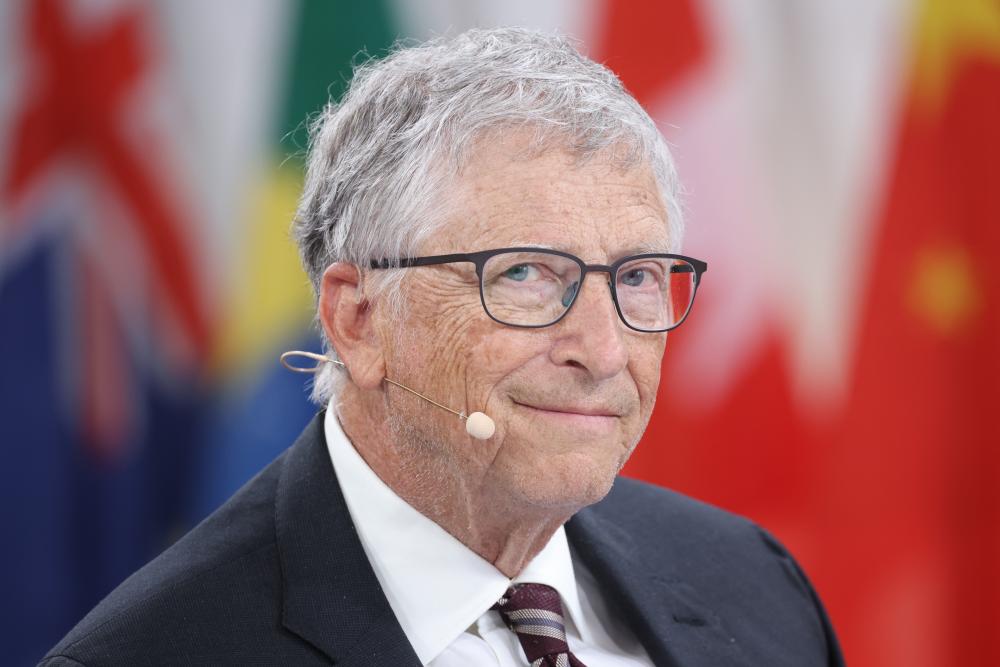Bill Gates has called for a “strategic pivot” in the effort against the climate crisis, writing that the world should shift away from trying to limit rising temperatures to instead focusing on efforts to prevent disease and poverty.
Writing on his Gates Notes website, the billionaire Microsoft co-founder criticized what he described as a “doomsday view of climate change” which is focusing “too much on near-term emissions goals”.
Gates’s memo comes a day after the UN said humanity had missed its target of limiting global heating to 1.5C, with the UN secretary general warning of “devastating consequences” for the world.
Related: ‘Trump doesn’t represent us’: US activist groups to push for climate action at Cop30 in Brazil
In the note on Monday, Gates said: “Although climate change will have serious consequences – particularly for people in the poorest countries – it will not lead to humanity’s demise. People will be able to live and thrive in most places on Earth for the foreseeable future.”
He said the Cop30 climate summit, which will bring together world leaders in the Brazilian rainforest city of Belém in November, was “a chance to refocus on the metric that should count even more than emissions and temperature change: improving lives”.
“Although climate change will hurt poor people more than anyone else, for the vast majority of them it will not be the only or even the biggest threat to their lives and welfare,” Gates wrote.
“The biggest problems are poverty and disease, just as they always have been. Understanding this will let us focus our limited resources on interventions that will have the greatest impact for the most vulnerable people.”
Gates’s viewpoint is at odds with that of the UN secretary general, António Guterres, who on Monday told the Guardian and the Amazon-based news organisation Sumaúma it was time to “recognise our failure” in the climate crisis.
“The truth is that we have failed to avoid an overshooting above 1.5C in the next few years. And that going above 1.5C has devastating consequences. Some of these devastating consequences are tipping points, be it in the Amazon, be it in Greenland, or western Antarctica or the coral reefs,” Guterres said.
He added: “It is absolutely indispensable to change course in order to make sure that the overshoot is as short as possible and as low in intensity as possible to avoid tipping points like the Amazon. We don’t want to see the Amazon as a savannah. But that is a real risk if we don’t change course and if we don’t make a dramatic decrease of emissions as soon as possible.”

